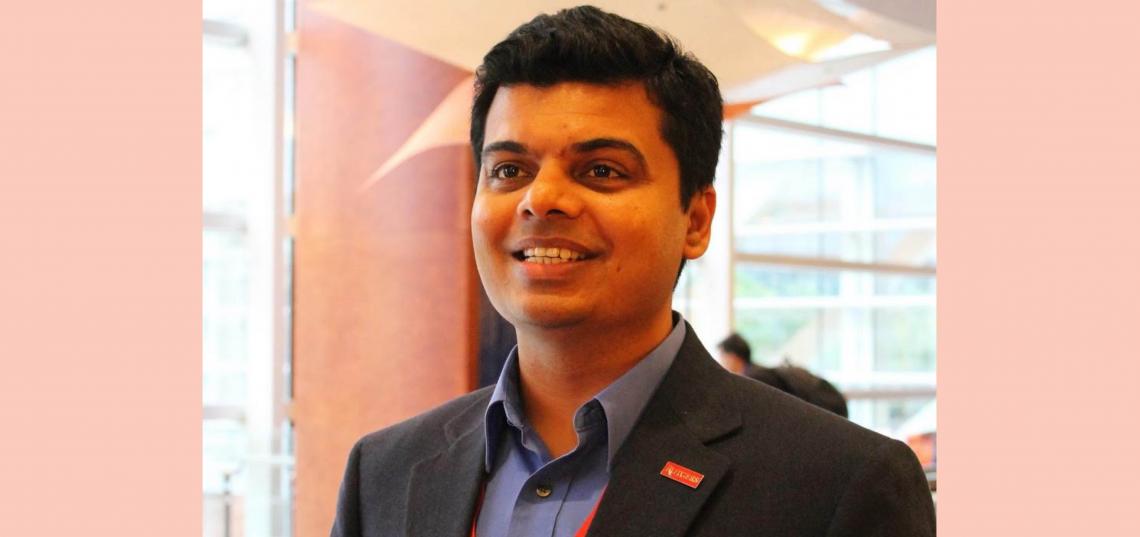
Have you ever searched for information on the web, and wondered if your search was as thorough and effective as possible? For example, if you have looked for healthcare options for an ill parent, or for a financial advisor with certain qualifications, how do you know if you’ve found the best information available? Do you wonder if you’ve missed a great opportunity because you did not know how to search for it?
Associate Professor of Library and Information Science Chirag Shah has proposed a solution to help information seekers, a system he has named “Information Fostering.” Shah’s new system will be, according to Shah, “integrated into a user’s Web browser to provide real-time assessment of the information seeking process, as well as recommendations for queries, documents, strategies, and people. The outcomes of this project will make it possible and easier for a user with even low information literacy to be able to leverage the power of information.”
In support of this exciting new system, the National Science Foundation (NSF) has awarded Shah with a grant in the amount of $500,000 to fund his research proposal titled "III: Small: Information Fostering - Being Proactive in Information Seeking." The three-year grant begins September 1, 2017, and ends August 31, 2020.
Shah is the sole principal investigator (PI) on the grant, and as such all the funds will be housed at SC&I. The grant will also support a post-doctoral fellow and a Ph.D. student to work with Shah.
Shah explained, “Current systems face challenges in understanding the problems that information seekers face due to their inability to express their information needs, recognizing a potential problem during a search episode, and identifying support needed that goes beyond what a typical search system could provide.”
“Most recommender systems try to mitigate these problems by suggesting information objects (queries, documents), disregarding a deeper understanding of the task at hand or the possibility of recommendations that involve process/strategy, people, and other forms.”
“The project will advance our understanding of these information-seeking problems at the task level, and of when and how help could be offered to information seekers. The offered help would go beyond recommending alternative queries and documents and would include recommending search strategies.”
